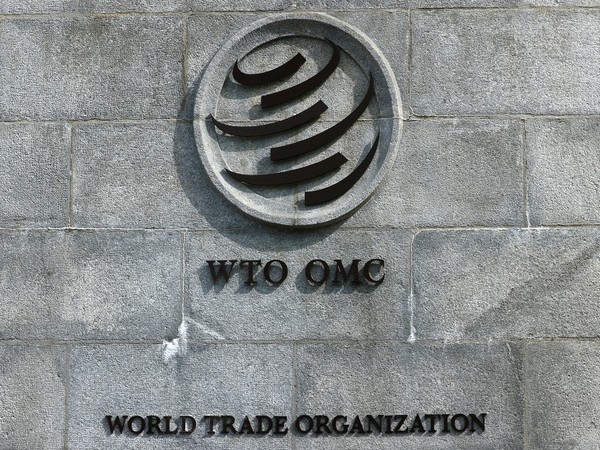
New Delhi: The 13th Ministerial Conference of the World Trade Organization (WTO), which seeks adoption as a plurilateral agreement, faces opposition from several quarters, notably India and South Africa, who question its legitimacy.
According to a release, a sub-group of WTO Members geared up to celebrate the conclusion of a break-away agreement on investment facilitation on Sunday. This agreement led by South Korea and Chile, supported by China, the convenors of the agreement intend to push for its adoption by consensus at the conference.
However, this move has sparked dissent among certain WTO Members who argue that negotiations for an investment agreement lack a mandate.
Such negotiations have been explicitly rejected by WTO Members since 1996, with a decision in 2004 barring discussions until the conclusion of the Doha round, which remains ongoing.
Deborah James, facilitator of the Our World is Not for Sale network, criticized the push for the agreement, labeling it a breach of fundamental WTO rules.
She highlighted alleged instances of bullying, primarily by China, and criticized the WTO Director-General for overstepping her role by advocating for the agreement.
James said, "Not only is there no mandate for these negotiations, there is a negative mandate. Countries who are trying to push this through at the MC13 are breaching fundamental WTO rules. We have heard hair-raising stories about pressure being brought at political levels in capital, often by-passing the trade officials who could analyse and provide informed advice on this".
Critics argue that the Investment Facilitation Agreement fails to address the underlying challenges preventing foreign investment in many developing countries, such as poverty, inadequate infrastructure, and high costs.
Instead, they claim that the agreement primarily benefits foreign companies seeking to exploit natural resources for profit.
Lucia Barcena from the Transnational Institute emphasized the need for developing countries to actively facilitate investment in strategic sectors that genuinely advance their development, rather than implementing agreements that impose additional burdens without addressing fundamental issues.
Second, the Director-General has gone far beyond her legitimate role as an international public official, who are legally required to be neutral.
In what New zealand law professor Jane Kelsey condemned as "an appalling abuse of D-G Ngozi's position and mandate", D-G Ngozi attacked India and South Africa as depriving developing countries of the benefits of these agreements, when what they have been insisting is that WTO acts in accordance with its own rules.
Third, "pretending this Investment Facilitation Agreement is for development is a sham. There is no 'development' in this agreement." according to Simon Eppel of South African union center COSATU.
Concerns also surround the burden of implementation placed on developing countries, who are expected to comply with the agreement's requirements without guaranteed funding.
The lack of consensus on the agreement's adoption raises questions about its legitimacy and the potential for further erosion of the WTO's credibility.
Deborah James said, "We fear these dirty tactics will continue in the ministerial itself. The IF agreement is not on the formal agenda, so how will they introduce it and block opposing Members from exposing the lack of consensus? Efforts to force it through will further undermine the WTO's already shaky legitimacy".
As the 13th Ministerial Conference approaches, tensions over the Investment Facilitation Agreement highlight broader divisions within the WTO and the challenges of balancing the interests of developed and developing countries in global trade negotiations.